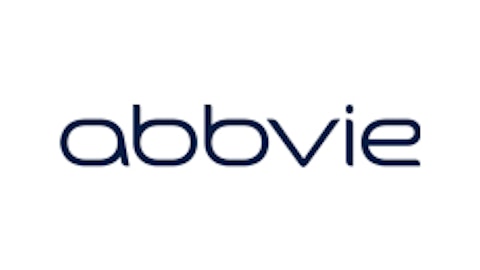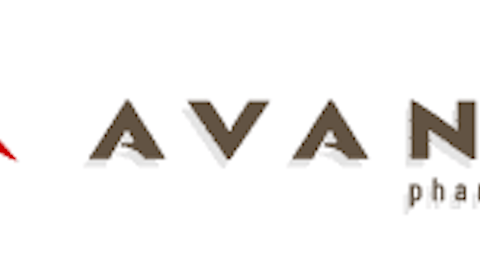The Moves Into Blood Cancer Treatment
In the last year, four drugs have been approved in the United States to treat various forms of blood cancer. Gilead’s most-advanced experimental blood-cancer product is aimed at chronic lymphocytic leukemia, or CLL, a disease that progresses slowly and can require prolonged treatment that can require treatment over years, opening up multibillion dollar revenue opportunities.
CLL is one of the four main categories of blood cancer, along with acute myeloid leukemia, acute lymphoblastic leukemia and chronic myeloid leukemia The drug, called idelalisib, was acquired in its February 2011 purchase of Calistoga Pharmaceuticals. Gilead has the credentials to succeed in this endeavor, which could produce another substantial revenue stream in addition to HIV and hepatitis C. Other blood cancers being pursued by Gilead include indolent non-Hodgkin’s lymphoma and myelofibrosis, a bone marrow disorder.
The Competition
Gilead’s main competitor in the CLL market could well turn out to be Pharmacyclics, Inc. (NASDAQ:PCYC), which also has an experimental therapy in the final stage of trials needed for FDA approval. Gilead’s drug is being tested in combination with other medicines, while the Pharmacyclics’ treatment stands alone. Pharmacyclics has been upgraded by TheStreet Ratings from hold to buy, and no significant weaknesses can be seen that are likely to mar the company’s positive outlook. Against the current price of around $70, Wedbush Securities has a price target of $110.
In the area of hepatitis C, Microbiotix, a privately-held clinical stage biopharmaceutical company, has recently licensed Merck & Co., Inc. (NYSE:MRK) for worldwide rights for the development and manufacture of MBX-700 and MBX -701 (formerly SCH 900942 and SCH 900188), two non-nucleoside inhibitors of the hepatitis C virus NS5B polymerase. Merck is continuing to struggle right now, as it has been affected by weak earnings as well as a failed heart drug, Tredaptive, in December 2012. This combination means that an investment is not recommended at the present time.
U.S. health regulators recently approved GlaxoSmithKline plc (ADR) (NYSE:GSK)’s drug Promacta to additionally treat low platelet count in hepatitis C patients, which should let hepatitis C patients use a standard therapy to fight the disease. Although revenue is likely to be under pressure and an aggressive cost-cutting program will not help in the short term, Glaxo shows investment potential. It should have multiple promising product launches this year as well as the results from several clinical trials.
AbbVie Inc (NYSE:ABBV), the new pharmaceutical division of Abbott Laboratories (NYSE:ABT), is developing its own experimental hepatitis C drug that is reported to have performed well in trials, but is unlikely to be available on the market soon. This new company has people watching a drug named Humira. This one drug accounted for more than half of AbbVie’s 2012 revenues, which should exceed $10 billion in revenue in 2013. This blockbuster alone is a good reason to buy the stock.
Gilead is an extremely impressive company with strong results from its existing approved drugs, particularly in the HIV space. The company is showing a lot of growth potential in both the hepatitis C and blood cancer treatment businesses. I believe there is plenty of upside potential at current price levels, and I have no hesitation in recommending this stock to investors.
The article A Pharmaceutical Growth Story You Can’t Afford To Miss originally appeared on Fool.com and is written by Jordo Bivona.
Copyright © 1995 – 2013 The Motley Fool, LLC. All rights reserved. The Motley Fool has a disclosure policy.




